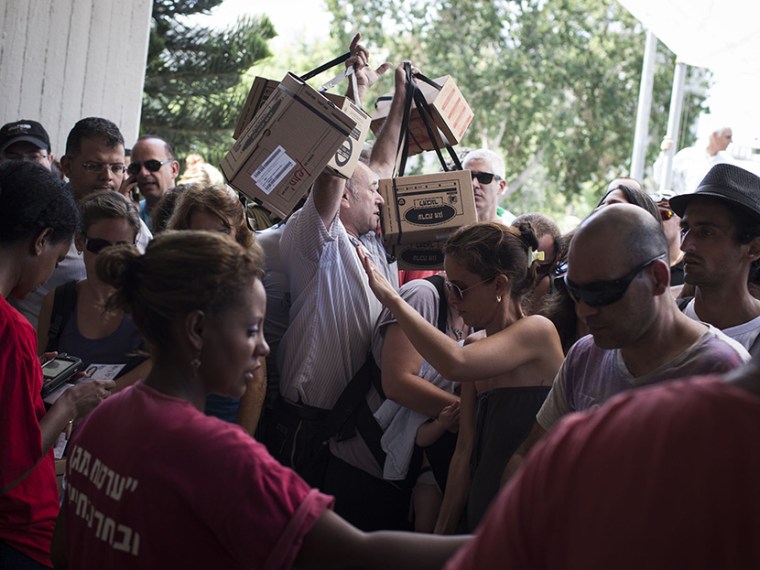If Syrian President Bashar al-Assad departs from power, it will make survival for the Shiite militant group Hezbollah difficult, but not impossible, counter-terrorism experts say.
As the U.S. Congress considers whether to approve President Obama's proposal to launch military strikes on Syria, Hezbollah in neighboring Lebanon is a key consideration in what such action may bring. Long considered a terrorist organization by the U.S. government, Hezbollah has been engaged in three decades of conflict with Israel and the United States even as it strengthened its own political position in Lebanon. Hezbollah's strongest support is from the government of Iran but Assad has long been a key facilitator of guns and money moving between Tehran and Beirut, where Hezbollah is headquartered.
Both Syria and Iran have threatened to attack Israel if it appeared that Assad's security was threatened. While Hezbollah has not made any official statements about potential action, the New York Times reported the group is prepared to respond to whatever strike the US launches. Any such response would likely be directed at Israel, where Hezbollah has the ability to rain down rockets on populated areas.
"There's a chance that they'd launch rockets on Israel," Michael Leiter, director of the National Counterterrorism Center during Obama's first term, told MSNBC. But "they don't want to become the focus of Israel's ire in Lebanon." Bombing Syria will have repercussions in the region, Leitner said, but "It is unlikely that a US strike will immediately lead to a broad conflagration."
Secretary of State John Kerry, when making the case for attacking Syria on Friday, said military action was necessary to send a message to "Hezbollah and North Korea and every other terrorist group or dictator that might ever again contemplate the use of weapons of mass destruction." When Obama announced his decision to delay action on Saturday, he called the attack "an assault on human dignity" that "endangers our friends and our partners along Syria's borders, including Israel, Jordan, Turkey, Lebanon and Iraq."
Hezbollah has worked more as a political force in Lebanon in recent years. But for the United States, Hezbollah long ago became synonymous with the deadly attack on the U.S. Marine barracks in Beirut in 1983 which killed 241 Americans. It remains an ally of Iran that has long relied heavily on Syrian government forces to transform into an organized force.
It has not given up on terrorism as a weapon and has a proven ability to launch attacks far from Mideast soil. A 1994 bombing of a Jewish community center in Buenos Aires that killed 85 people was widely blamed on Hezbollah. In 2012, the Bulgarian government claimed Hezbollah was behind a bus bombing that killed five Israeli citizens. Hezbollah fighters have been crossing the border with Lebanon to fight in Syria in support of the Assad regime for the duration of the current conflict. According to the U.S. 2013 World Wide Threat Assessment, "the group maintains a strong anti-US agenda but is reluctant to confront the United States directly outside the Middle East."
Speaking on MSNBC shortly before Obama's Saturday speech, Democratic Rep. Elliot Engel of New York said that military action is necessary to deter Iran from trying to influence events in the region and continuing to pursue nuclear weapons. "Iran has unleashed Hezbollah to fight on the side of Assad and I think the president has to move forcefully and show the world that he means business," he said.
Israel, a close ally in the Middle East, did not wait for signs of possible strikes by enemies to prepare for war. The Israeli military deployed part of its missile defense system on Saturday and the government has called up reservists and canceled leave for soldiers in the northern part of the country.
Israeli Prime MInister Benjamin Netanyahu spoke confidently to his cabinet on Sunday, saying, "Israel's citizens know well that we are prepared for any possible scenario." He also struck an aggressive stance against threats to the nation. "Israel's citizens should also know that our enemies have very good reasons not to test our power and not to test our might," he said.
